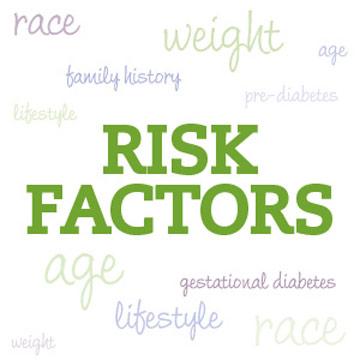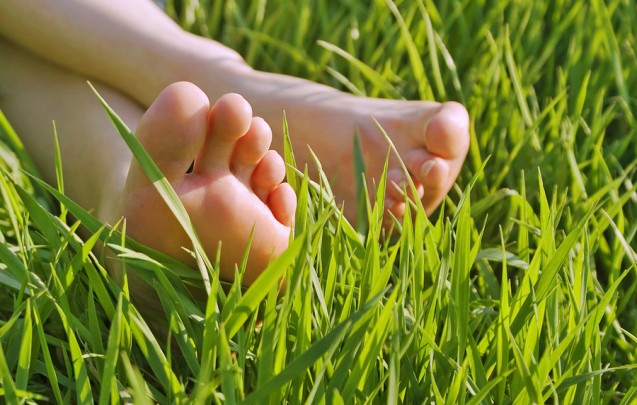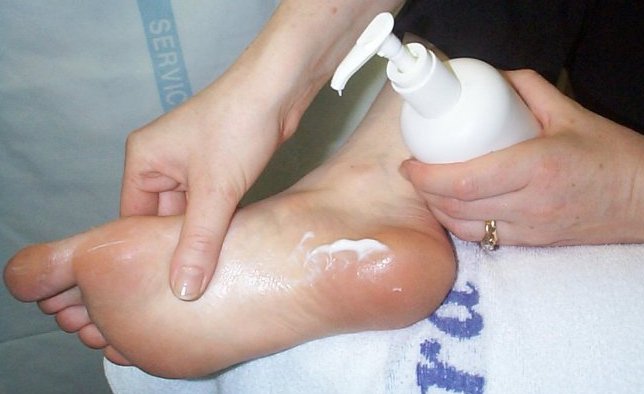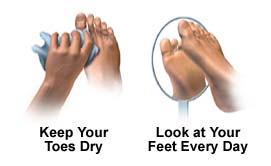Hypoglycemia or low blood sugar levels can be commonly encountered by type 1 & type 2 diabetes patients who are on insulin treatment or those type 2 diabetes patients who are on certain oral anti-diabetic medication which increases insulin secretion from pancreas like sulphonylureas (Glimeperide, Gliclazide, Glibenclamide or Glyburide & Glipizide) or megitinides (repaglinide, nateglinide).
More details of oral anti diabetic drugs causing hypoglycemia & Hypoglycemic symptoms are already mentioned in my previous article.
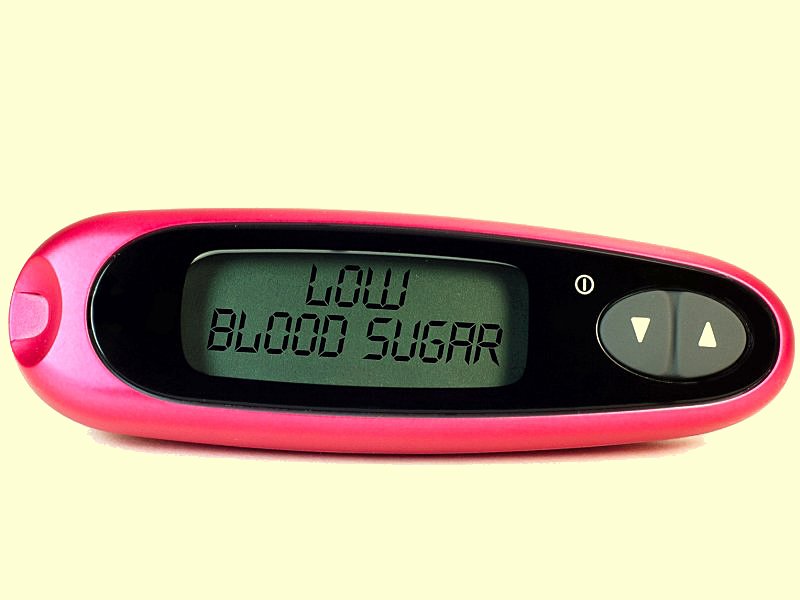
Steps to tackle Hypoglycemia or Low Blood Sugar level :
- Identify the symptoms : Symptoms of hypoglycemia differ from individual to individual. I have already mentioned symptoms of hypoglycemia in my previous article. Early Hypoglycemia symptoms includes Sweating, Palpitations, dizziness, slurred speech, confusion, weakness, anger, etc
- Grab Attention : If you are at home seek immediate attention of your family member or colleague at office because hypoglycemia can lead to confusion, slurred speech or even unconsciousness & explain them about your symptoms. If you are driving a car then stop and pull over. If you are walking or climbing steps, stop & sit down. Make yourself and others safe.
- Confirm by testing : Check your capillary blood sugar level by finger pricking with Glucometer, A reading less than 70 mg/dl confirms hypoglycemia. If you do not have glucometer with you or symptoms are severe then proceed to step 4 directly.
- Grab Sugar or Fast acting carbs : Hypoglycemia needs to be corrected immediately so fast acting carbs like simple sugars can be consumed. I normally advice my patients to take 2-3 tablespoons of Glucon D powder ( Green Packet ) sublingually (below tongue) this causes immediate rise in blood sugar level. In India, glucose tablets are not freely available so keeping a small packet of 15 -20 gms of simple sugar or glucon D with them is quite useful atleast for diabetic patients on insulin or sulfonyureas. Other fast acting home remedies includes :
- Half cup of fruit juice
- 1 cup of milk
- 1-2 tablespoons of honey
- half cup of soda or non diet soft drink
- 2 tablespoons of Manuka (raisins/dried grapes)
- 5-6 hard candies
- or 3-4 chocolates (dairy milk eclairs)
- Re-check : Don’t go on eating too much otherwise sugars will raise much higher. Wait for 15-20 minutes and re-check your blood sugars again. If it is still less than 70 mg/dl eat another 15-20 gms of sugar or glucon D, repeat this till sugar level goes more than 70 mg/dl. After hypoglycemic episode try to eat meal within 1 hour or eat some high carbohydrate food if meal time is more than 1 hour away.
- Seek Immediate Medical Attention : If your body doesn’t respond to carbs or you suffer seizure episode or fall unconscious, seek immediate medical attention. Your family member or colleague at workplace should be able to move you to nearest hospital. You might require Intravenous glucose and/or glucagon injection which can be given in emergency or casualty department of tertiary level hospital.
- Prevention : If you are getting repeated mild hypoglycemic episodes or even one severe episode, consult with your diabetologist for adjusting your medicine or insulin dosage according to your lifestyle. Take precautionary measures to combat further similar episode in future.
If you found this article useful, please share it with your friends & family. I appreciate the feedback and encouragement.
Awareness is Prevention.







